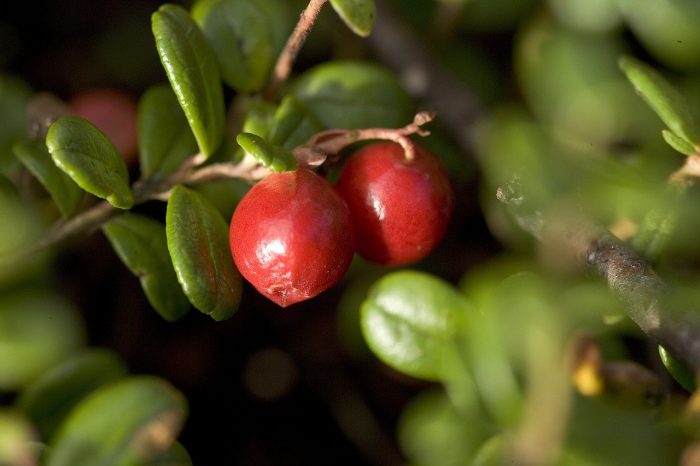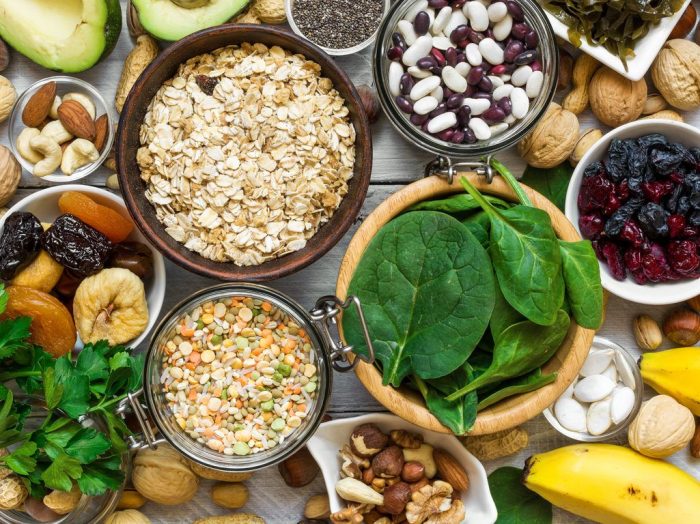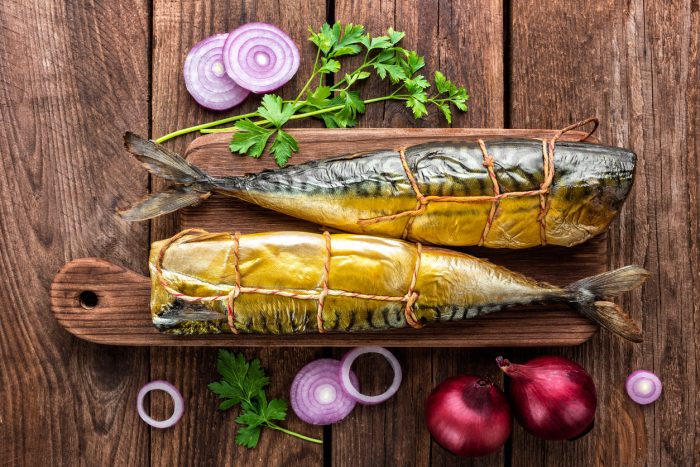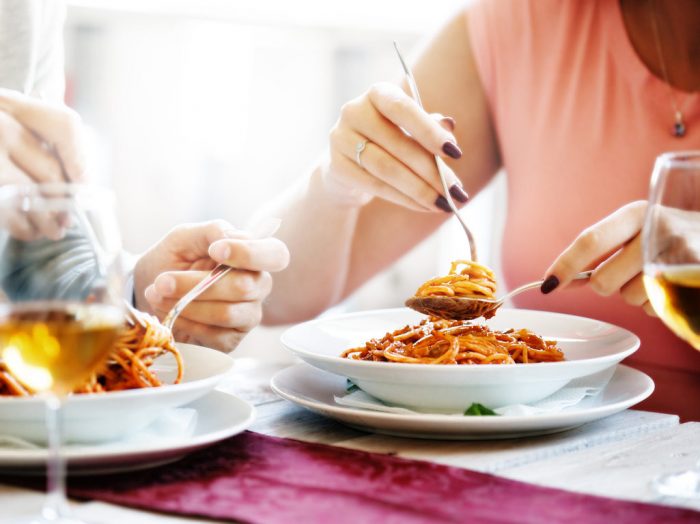Lowering blood pressure, reducing inflammation, restoring balance, or improving memory and overall performance on cognitive tests – the benefits of eating berries seem too good to be true. And for a good reason…
Two recently published systematic reviews suggest that eating blueberries can improve overall cognitive performance and help elevate mood. Yet the authors and the reviewers are very careful to not recommend people eating them with the purpose to improve memory, since further research is still needed. The effects are only just statistically significant (it means a rather small difference from the control group, but large enough to be taken into consideration), and – as we know oh, so well – correlation does not mean causality.
In other words, we can see a statistical increase of cognitive performance in children and adults eating blueberries, but we have yet to discover the mechanism behind this statistical fact. Most likely the effect has something to do with their proven antioxidant and anti-inflammatory properties. Reducing inflammation could benefit brain cell health, and antioxidants may help regulating blood pressure, which also allows for a better brain functioning. But this hypothesis is yet to be fully investigated.
While the causal link between blueberries and improved memory remains to be discovered, the researchers still recommend that people eat them, just not for improving memory or cognition. Apparently, two cups of blueberries a day may be a healthy dose. Or, if you really hate berries, go for other polyphenol-rich foods and drinks like orange juice, black tea, green tea, and extra-virgin olive oil.
In other news, if you suffer from high blood pressure, you might want to try drinking lingonberry juice more often. In a study conducted at the University of Helsinki, the juice was indeed found to lower the blood pressure of hypertensive lab rats. To be more precise, lingonberry juice prevented the expression of genes associated with low-grade inflammation in the aorta. The effect of other berry juices was less marked.
“These experimental findings need evidence from comparative clinical studies on healthy individuals with slightly elevated blood pressure who, at this point, have been given nutritional and lifestyle guidance instead of drug therapy. Lingonberry juice is no substitute for medication, but it is a good dietary supplement,” was the conclusion of Anne Kivimäki, MSc (Food Science), who investigated the cardiovascular effects of cold-pressed lingonberry juice, cranberry juice and blackcurrant juice as drinking fluid for 8-10 weeks on genetically hypertensive rats.





